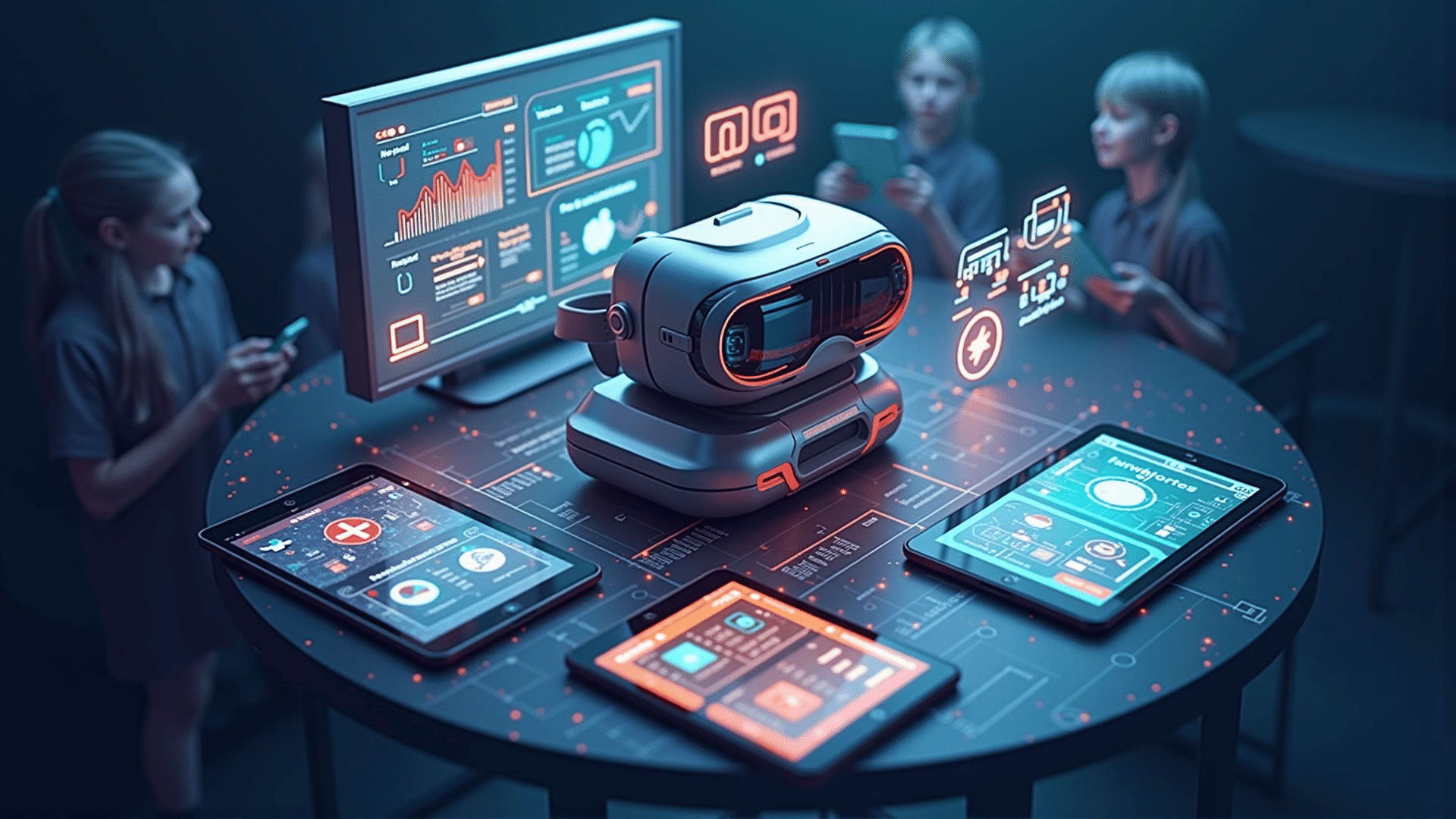As we approach 2024, the landscape of education is poised for significant transformation driven by an array of innovative technological advancements. These trends promise not only to enhance the learning experience but also to make education more accessible and inclusive than ever before. Here’s a look at the top educational technology trends expected to redefine the educational ecosystem in the coming year.
1. Artificial Intelligence (AI) and Machine Learning: AI continues to make substantial inroads in education, offering personalized learning experiences that cater to individual students’ needs. In 2024, expect AI to become even more sophisticated, with machine learning algorithms providing real-time feedback and adaptive learning pathways. Tools powered by AI can identify a student's strengths and weaknesses and tailor content accordingly, offering customized challenges or support as needed.
2. Virtual Reality (VR) and Augmented Reality (AR): These immersive technologies are reshaping how subjects are taught, offering students hands-on experiences in a virtual world. Whether it's exploring the inner workings of a cell in biology class or experiencing historical events from a first-person perspective, VR and AR make learning more engaging and memorable. As these technologies become more affordable, their integration into classrooms worldwide is likely to accelerate.
3. EdTech and Gamification: Gamification in education goes beyond playing games for enjoyment; it is about leveraging game design elements to enhance learning outcomes. EdTech platforms using gamification engage students through points, leaderboards, and rewards, making learning both fun and effective. In 2024, we anticipate more sophisticated gamified learning solutions that can motivate students, promote collaboration, and foster a deeper understanding of subjects.
4. Hybrid Learning Models: The pandemic has solidified the role of hybrid learning models, which combine in-person and online education. In 2024, these models will evolve to offer even more flexibility and resources, catering to diverse learning styles and circumstances. Schools and universities are set to implement systems that allow seamless transitions between physical and virtual classrooms, providing continuity in education no matter the situation.
5. Blockchain for Credentialing: Blockchain technology is finding its place in credentialing and academic verification. With blockchain, students can hold and share verified digital credentials, making it easier for them to prove their academic achievements and skills. This trend will enhance transparency and security in certification processes and streamline admissions and hiring procedures.
6. Focus on Mental Health and Well-being: The pandemic highlighted the critical importance of mental health, leading to the development of EdTech solutions centered on emotional and psychological well-being. Educational applications and platforms in 2024 will increasingly incorporate tools for stress management, mindfulness, and emotional intelligence. By prioritizing these aspects, education systems aim to support the holistic development of students.
7. Universal Accessibility: As technology becomes more embedded in education, ensuring that all learners have equal access to digital resources becomes imperative. In 2024, there will be a stronger focus on creating inclusive educational environments with technologies that support learners with disabilities. This includes text-to-speech applications, customizable interfaces, and adaptive learning technologies designed to accommodate different learning needs.
8. Internet of Things (IoT): IoT in education connects various devices and resources to provide data-driven insights and enhance the learning environment. Smart classrooms equipped with IoT devices can monitor environmental factors such as lighting and temperature, adjust them for optimal learning conditions, and ensure that resources, like textbooks and lab equipment, are always available and efficient.
As these trends gain momentum, educators and institutions must stay informed and adaptable, taking proactive steps to integrate new technologies that foster innovation and inclusivity. By embracing these trends, the education sector can not only keep pace with technological advancements but also pave the way for a more enriched, personalized, and universal learning experience for students worldwide in 2024 and beyond.
